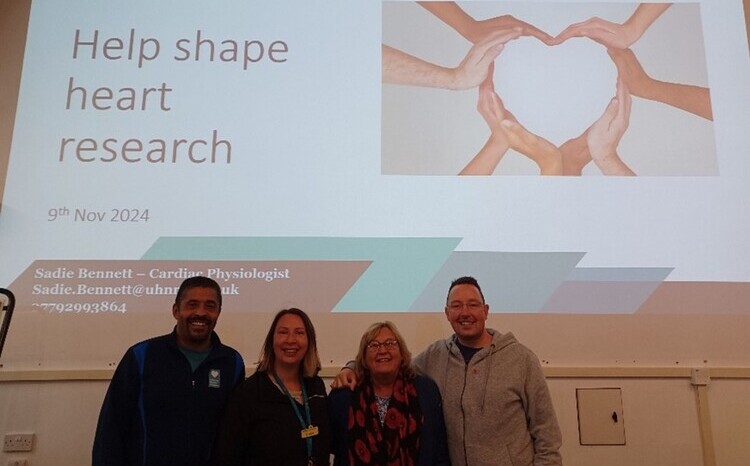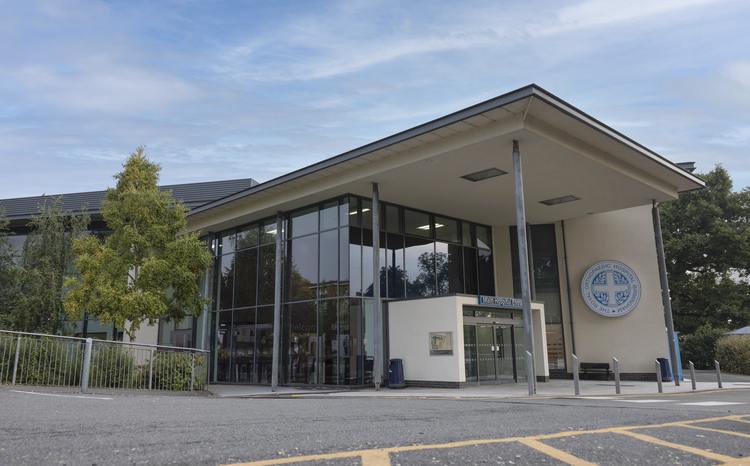Hampshire Hospitals to explore the use of AI to identify prostate cancer
- 14 September 2021

Hampshire Hospitals NHS Foundation Trust (HHFT) has teamed up with Lucida Medical for a major study into the use of artificial intelligence (AI) to identify prostate cancer.
The multi-centre research project is the first retrospective study in the UK to look into the use of AI’s ability to identify prostate cancer and will use real-world data from hospitals.
The PAIR-1 study will collect data from 2,100 de-identified patients diagnosed with the cancer across seven different centres. Patient care won’t be impacted, but it is hoped the study will help improve the screening process for diagnosis in the future, helping deliver earlier detection and improving treatment options and patient outcomes.
Lucida Medical’s Pi technology, which uses radiogenomics, machine learning and image processing in order to analyse MRI scans, will be used as part of the study. Previous results from the company have found that it can help automate labour-intensive tasks such as marking out lesions and help prevent unnecessary biopsies.
The study will involve the software being tested with the same types of patients, scanners and hospitals that would be used in clinical use. AI performance can vary between hospitals and equipment and the research project will look to prove the software’s accuracy in a range of settings in a bid to gain NHS adoption.
Dr Aarti Shah, consultant radiologist at HHFT and chief investigator for the PAIR-1 study, said: “Reviewing prostate MRI requires experience and expertise to ensure that the right patients have a biopsy as well as to help target biopsies to maximise the chances of finding significant cancers. AI has exciting potential to enhance the processes of screening and treating patients, and this study will provide strong evidence on its performance.”
AI is increasingly being investigated for its ability to deliver accurate, consistent results with diagnosis and treatment. The QMIN-MC trial is using AI to help diagnose and treat Alzheimer’s disease, while University Hospitals Plymouth NHS Trust is testing Brainomix AI software to interpret scans of stroke patients.
Professor Evis Sala, Lucida Medical co-founder and chief medical officer, added: “Now Pi has CE marking, clinical studies such as this are crucial to demonstrate the performance of the system in real-world clinical use. HHFT has brought together a group of trusts representative of the wide range of settings across the NHS, from major teaching centres to district general hospitals.”




